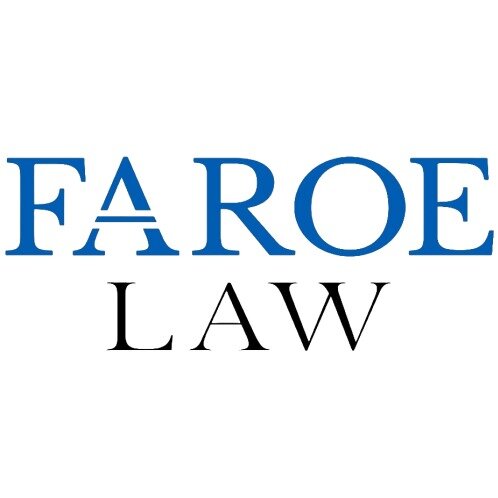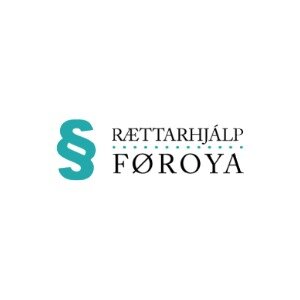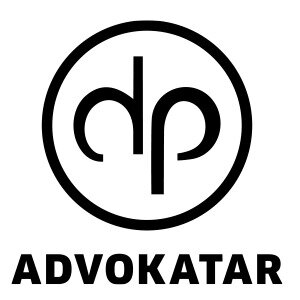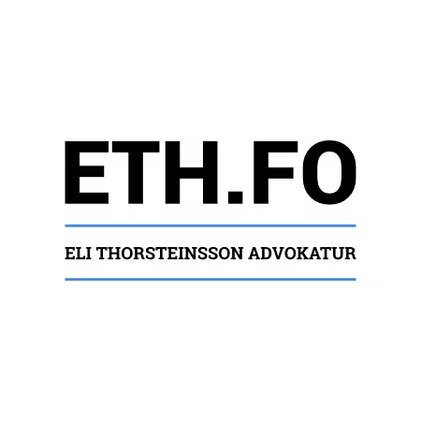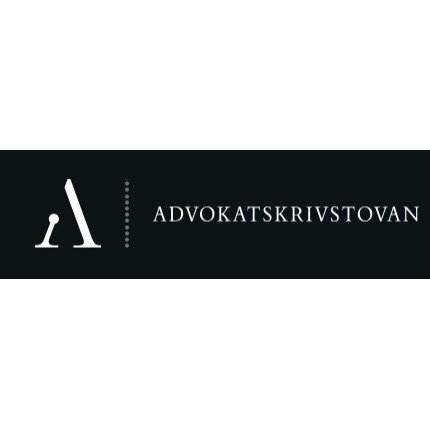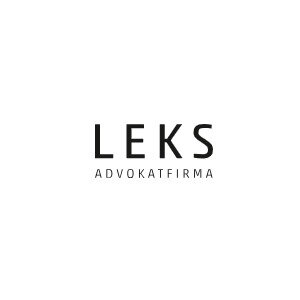Best Structured Finance Lawyers in Tórshavn
Share your needs with us, get contacted by law firms.
Free. Takes 2 min.
List of the best lawyers in Tórshavn, Faroe Islands
About Structured Finance Law in Tórshavn, Faroe Islands
Structured finance refers to complex financial transactions that go beyond traditional lending or investment. These transactions include securitizations, debt restructuring, asset-backed securities, and other arrangements designed to meet unique financing needs. In Tórshavn, Faroe Islands, the field of structured finance plays a crucial role in facilitating major projects, supporting local and international investment, and meeting the evolving needs of businesses and investors.
The legal environment for structured finance in Tórshavn is shaped by both local Faroese regulations and, in some cases, applicable Danish and European Union laws. Legal practitioners in this area help clients navigate regulatory requirements, draft and review complex contracts, and ensure compliance throughout every stage of the financing arrangement.
Why You May Need a Lawyer
Structured finance involves intricate legal structures, negotiation of terms, and regulatory compliance. Here are some common scenarios where individuals or businesses in Tórshavn may require legal assistance in structured finance:
- Establishing asset-backed securities or other financial vehicles.
- Structuring cross-border financing involving multiple jurisdictions.
- Drafting and negotiating complex loan agreements or syndicated loans.
- Compliance with local and international financial regulations.
- Addressing tax implications of structured finance transactions.
- Managing insolvency issues or debt restructuring.
- Mitigating risks associated with lending, borrowing, or investing.
- Advising on real estate and infrastructure projects that require specialized financing arrangements.
Due to the high stakes and potential complexity, seeking legal guidance helps avoid costly errors and ensures that all parties' interests are protected.
Local Laws Overview
Structured finance in Tórshavn is regulated under a combination of Faroese commercial law, financial regulation, and relevant Danish and European frameworks. Key aspects include:
- Financial Supervision: The Danish Financial Supervisory Authority, known as Finanstilsynet, oversees many financial activities in the Faroe Islands. Faroese law may also impose additional requirements for certain transactions.
- Contract Law: The principles of contract law are essential in structuring agreements. Parties must ensure contracts are clearly drafted, legally enforceable, and compliant with local statutes.
- Taxation: Structured finance deals often have significant tax implications. The local tax authority, TAKS, provides guidance on tax treatment for complex transactions.
- Anti-Money Laundering (AML) and Know Your Customer (KYC): Strict AML and KYC regulations apply to financing activities, requiring thorough client verification and documentation.
- Cross-Border Transactions: Due to frequent international involvement, structured finance in Tórshavn may be subject to additional due diligence and compliance checks.
- Bankruptcy and Insolvency Laws: These laws impact how security interests are structured and enforced in case of debtor insolvency.
Understanding these legal frameworks is essential for conducting compliant and efficient structured finance transactions in Tórshavn.
Frequently Asked Questions
What is structured finance, and how does it differ from traditional finance?
Structured finance refers to advanced financial instruments and strategies used to manage risk, raise capital, and support large or complex projects. Unlike conventional loans or bonds, structured finance uses securitization, tranching, and special purpose vehicles to achieve more flexible solutions.
Is structured finance common in the Faroe Islands?
While not as widespread as in larger financial centers, structured finance is increasingly used in Tórshavn for local infrastructure projects, energy developments, and business expansion. Its importance is growing as the local economy diversifies.
Who regulates structured finance activities in Tórshavn?
Financial activity is generally regulated by the Danish Financial Supervisory Authority and relevant Faroese authorities. Compliance with local commercial, civil, and tax law is also necessary.
Can foreign investors participate in structured finance deals in Tórshavn?
Yes, foreign investors often participate, especially in larger projects. However, additional compliance, reporting, and due diligence requirements apply in cross-border contexts.
What types of assets can be used in structured finance deals here?
Typical asset classes include real estate, infrastructure assets, future revenues, receivables, and other commercial assets. The specific types depend on the nature of the deal and legal requirements.
Are there specific tax considerations for structured finance in the Faroe Islands?
Yes, tax treatment can vary depending on the structure used. Consultation with a legal or financial advisor is essential to understand potential tax obligations and benefits.
How long does it take to set up a structured finance transaction?
The duration varies based on complexity, regulatory approval, and due diligence. Some transactions may complete within weeks, while others, especially cross-border deals, may take several months.
What are the risks involved in structured finance?
Risks include regulatory changes, credit risk, operational challenges, and potential tax or legal disputes. Carefully structured agreements and legal oversight can help mitigate these risks.
What documents are required for structured finance transactions?
Key documents include loan and security agreements, asset transfer documents, legal opinions, KYC documentation, and in some cases, trust or agency agreements.
How do I ensure compliance with local and international laws?
Engage qualified legal professionals familiar with both Faroese and relevant international regulations. Regular audits and transparent documentation are also important for ongoing compliance.
Additional Resources
If you need more information or support, the following organizations and resources may be helpful:
- TAKS (Faroese Tax and Customs Administration): Provides information on tax issues that may affect structured finance deals.
- Danish Financial Supervisory Authority (Finanstilsynet): Oversees much of the financial sector regulation that applies in the Faroe Islands.
- Faroese Chamber of Commerce: Offers guidance and networking opportunities for businesses involved in finance and investment.
- Local law firms specializing in finance: Many provide initial consultations to clarify your needs.
- Business Development Agencies: May have resources for companies seeking structured finance solutions for growth or development projects.
Next Steps
If you believe you need legal assistance in structured finance in Tórshavn, begin by identifying the nature and scope of your transaction or concern. Gather all relevant documentation and consider the specific outcomes you hope to achieve. Contact a local law firm or specialized lawyer with experience in finance and cross-border transactions. A legal consultation will clarify your rights, obligations, and the best path forward. Staying proactive and informed is key to navigating the complexities of structured finance law in the Faroe Islands.
Lawzana helps you find the best lawyers and law firms in Tórshavn through a curated and pre-screened list of qualified legal professionals. Our platform offers rankings and detailed profiles of attorneys and law firms, allowing you to compare based on practice areas, including Structured Finance, experience, and client feedback.
Each profile includes a description of the firm's areas of practice, client reviews, team members and partners, year of establishment, spoken languages, office locations, contact information, social media presence, and any published articles or resources. Most firms on our platform speak English and are experienced in both local and international legal matters.
Get a quote from top-rated law firms in Tórshavn, Faroe Islands — quickly, securely, and without unnecessary hassle.
Disclaimer:
The information provided on this page is for general informational purposes only and does not constitute legal advice. While we strive to ensure the accuracy and relevance of the content, legal information may change over time, and interpretations of the law can vary. You should always consult with a qualified legal professional for advice specific to your situation.
We disclaim all liability for actions taken or not taken based on the content of this page. If you believe any information is incorrect or outdated, please contact us, and we will review and update it where appropriate.



